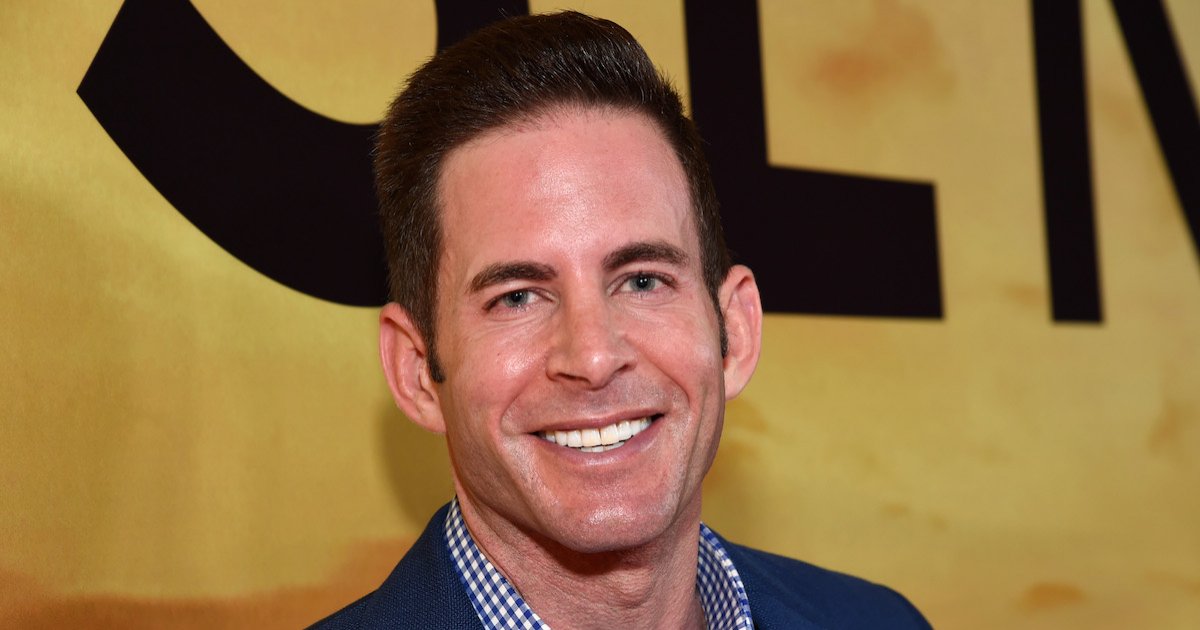Tarek Takes on Parenthood with Gusto
- TV personality and two-time cancer survivor, Tarek El Moussa, 40, is a proud parent to two children and recently spoke about parenting on social media.
- El Moussa beat thyroid cancer and testicular cancer.
- Each year, approximately 10,000 new cases of testicular cancer are diagnosed in the U.S. This is a cancer that primarily affects young men aged 15 to 35.
El Moussa and his second wife, Heather Rae Young, 34, are also currently trying for a baby, and sharing their fertility journey on social media. Heather, who has disclosed she has a “low egg count,” has been undergoing IVF and embryo-freezing with Tarek.
Read MoreView this post on Instagram
El Moussa continues, “Then it was straight to Tays Jr. Lifeguard tryouts… she's been working so hard to get ready for this day. Her last practice run was 1 minute and 39 seconds so she was really nervous that she wasn't going to beat the time she needed… which was a 1:45! I always talk to my kids about the importance of their mindset. After all, it's what got me to where I am today…”
In another recent post, El Moussa praises his son again, writing, “I can't tell you all how proud I am of my little guy!! He's thriving in life, more than ever, and it's because of hard work. He goes to school, does Jiu Jitsu, soccer, and tutoring!…As adults, we should really watch how hard our kids work and make sure we are working just as hard!…”
View this post on Instagram
El Moussa’s Cancer Journey
El Moussa was diagnosed with thyroid cancer and testicular cancer (both of which he would beat) in 2013. His thyroid cancer diagnosis came after a viewer (who was also a nurse) watching El Moussa on TV noticed a lump on his throat.
The treatment path for both types of cancers depends upon the stage at which the cancer is diagnosed. Common treatments for testicular cancer include chemotherapy, surgery, and radiation. Treatments for thyroid cancer can include surgery, hormone therapy, radioactive iodine, radiation, and in some cases chemotherapy.
Thyroid cancer is a disease that begins in the thyroid gland, which is at the base of the neck. The cancer will often present itself as a large bump (tumor) in the neck. It remains unclear what causes the disease. Some symptoms of thyroid cancer can be mistaken for a common cold.
Dr. Scott Strome, a head and neck cancer surgeon who is currently the dean of the University of Tennessee College of Medicine, and previously was chair of head and neck surgery at the University of Maryland School of Medicine, explained thyroid cancer in a previous interview with SurvivorNet.
"We're now able to detect thyroid disease, thyroid cancers, much earlier than we used to be able to," he says. "We tend to see it predominantly in younger women, but it can occur in both men and women. In most cases, I tell my patients that, 'Your thyroid cancer is a barnacle on the ship of life.’"
Understanding Testicular Cancer
Each year, approximately 10,000 new cases of testicular cancer are diagnosed in the U.S. This is a cancer that primarily affects young men aged 15 to 35. The average age at the time of diagnosis of testicular cancer is about 33, according to the American Cancer Society.
Dr. Edwin Posadas, the medical director of the Urologic Oncology Program at Cedars-Sinai Cancer, tells SurvivorNet in an earlier interview that this disease often presents as an unusual lump. "It's not uncommon to see men come in with masses on their scrotum and have inflammation of the scrotal wall; they develop pain as a result. A lump is the most common symptom of testicular cancer."
Related: 5 Important Facts About Testicular Cancer, Including How to Screen for the Disease
Dr. Posadas also says that testicular cancer doesn't often present with pain, but it can. "Most men will present with some sort of mass on their testicle. A sexual partner or spouse may feel the mass when they're being intimate." He also says some men may notice blood in their ejaculate as a result of testicular cancer, which is a less common symptom.
In an earlier interview, Tripp Hornick reflects on the potential embarrassment some men might feel after a testicular cancer diagnosis, as with other intimate-body-part cancers, such as anal cancer. He tells SurvivorNet, "Shame is an important topic when it comes to cancer. And I think we as men have an awful lot that we can learn from what women have had to go through in breast cancer."
"The most important thing is to never become the victim and not to empower yourself as a victim," says Hornick. "There's nothing good and nothing positive about sending a message as a victim and a culture of victimhood. The way to turn the shame upside down, if you have it, is to show how strong you are."
"Those of us, the vast majority of people who have had [testicular] cancer and gone on to live very successful and happy lives listen to those people. Listen to us. Listen to yourself."
Dealing With the Shame That May Come With Testicular Cancer
Learn more about SurvivorNet's rigorous medical review process.

